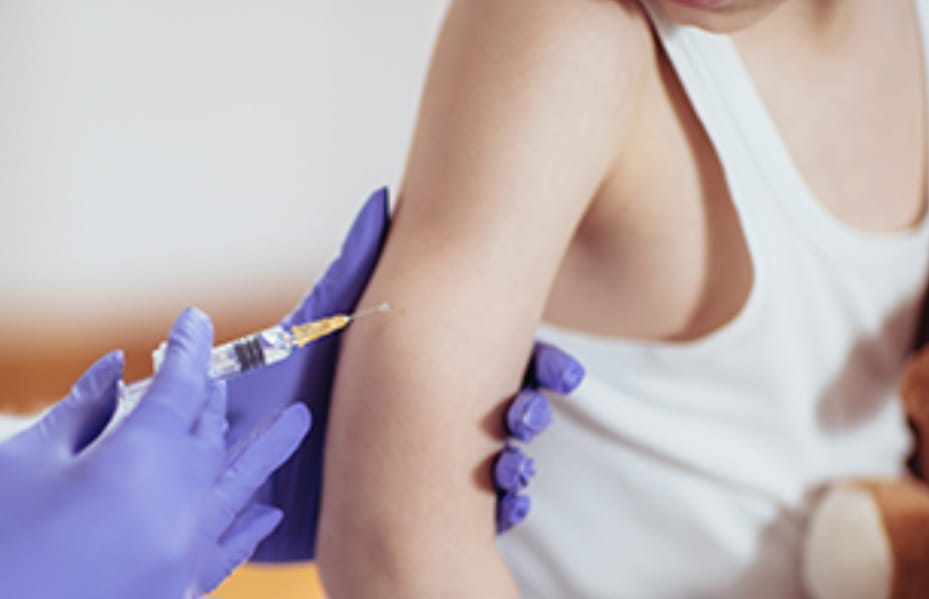
In Spain, as in many other countries, the issue of childhood immunization remains relevant and is an integral part of the health care system. Vaccination helps to prevent serious infectious diseases and helps to protect both individual health and the health of society as a whole. In this article we will look at what vaccinations are compulsory for children in Spain, their importance and their role in the school system.
Vaccination system in Spain
Spain has a well-structured vaccination system based on a national vaccination calendar. This calendar is developed by the Ministry of Health and updated according to the epidemiological situation and scientific recommendations. The main objective is to prevent outbreaks of dangerous infectious diseases and to maintain a high level of collective immunity.
Vaccinations recommended in Spain include vaccines against diseases such as:
– Diphtheria, tetanus and pertussis (DTP)
– Hepatitis B
– Meningococcal disease
– Measles, Mumps and Rubella (MMR)
– Poliomyelitis
– Pneumococcal infection
Vaccination begins at birth and continues for the first few years of a child’s life. Most vaccines are given in several stages several months apart to maximize effectiveness.
Are immunizations compulsory to attend school in Spain?
An interesting fact is that in Spain, vaccinations are not strictly mandatory for school attendance. Unlike countries such as the United States or Italy, where there is a legal requirement to be vaccinated for enrollment, there is no legal obligation to be vaccinated in Spain. However, the system works on the basis of recommendations from the Ministry of Health and the vast majority of parents follow these recommendations.
Impact on public health and collective immunity
Although there is no strict requirement to be vaccinated for school attendance, the vaccination rate in Spain remains one of the highest in Europe. This is due to the active education of the public health authorities and the high level of trust in the medical system. Parents are aware of the importance of vaccination, both to protect their own children and to build collective immunity, which helps protect those who cannot be vaccinated for medical reasons.
Thanks to high vaccination coverage, Spain has been able to prevent outbreaks of diseases such as measles, which have resurfaced in some European countries due to declining vaccination rates.
What are the consequences of not getting vaccinated?
Although vaccinations are not compulsory for school in Spain, there may be consequences for not being vaccinated. For example, in the event of an outbreak of an infectious disease in a school, unvaccinated children may be temporarily banned from attending school to prevent the spread of the disease. In addition, refusal to vaccinate may limit a child’s access to a number of public services, including participation in sports and cultural activities.
Some autonomous communities in Spain may also have their own rules regarding vaccinations. For example, in Catalonia or Madrid, there may be additional local guidelines for parents about vaccinations and the possible consequences of refusing them.
Why is it important to follow the immunization calendar?
1. *Protection from serious diseases. Vaccinations help protect children from infectious diseases such as polio, measles, whooping cough, and others. These diseases can lead to serious complications, including disability and death.
2. *Maintaining collective immunity*. High vaccination rates prevent the spread of infections and protect those who cannot be immunized for medical reasons (e.g. children with cancer or congenital conditions).
3. *Safe learning environment*. High vaccination rates contribute to a safe environment in schools and kindergartens, which minimizes the risk of infectious disease outbreaks among children.
Conclusion
Vaccination in Spain plays a key role in protecting public health, despite the absence of strict laws requiring parents to vaccinate their children before they enter school. High levels of trust in the medical system and widespread public awareness encourage most parents to voluntarily follow the national immunization calendar. This helps to maintain a high level of collective immunity and create a safe learning environment in schools.
Vaccinations are not only a way to protect your child’s health, but also contribute to the well-being of the entire community. Following vaccination recommendations helps prevent outbreaks of dangerous diseases and ensures the health of future generations.

